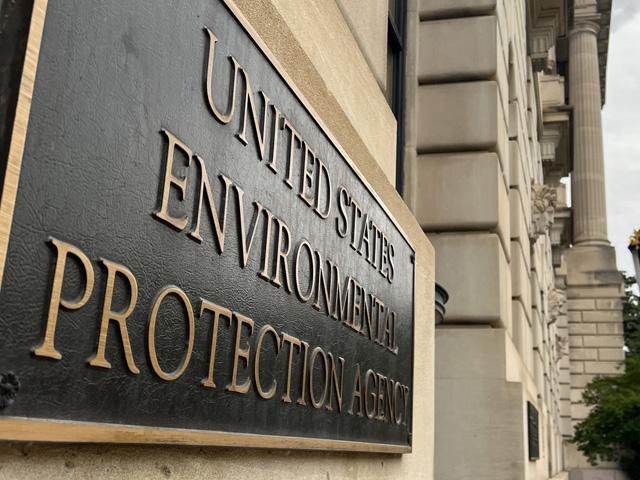EPA: States E15 Rule Final in March
EPA Motions Court to Allow E15 Rulemaking to be Completed in Spring
LINCOLN, Neb. (DTN) -- EPA plans to issue a final E15 rule by March 28, 2024, and asked a federal court to allow the agency to meet that deadline in a motion for summary judgment filed this week.
E15 is gasoline blended with 10.5% to 15% ethanol, according to the U.S. Department of Energy.
On April 28, 2022, eight state governors requested a change allowed by the Clean Air Act to reject the use of the 1-psi waiver for E10, composed of 10% ethanol and 90% gasoline, in their states.
This would result in applying the same volatility limitation to both E15 and E10 -- essentially putting E10 and E15 on the same footing in those states beginning in 2024. The eight states include Illinois, Iowa, Minnesota, Missouri, Nebraska, Ohio, South Dakota, and Wisconsin.
By law, EPA was required to set the waiver aside and to finalize a rule within 90 days of the request.
In its motion filed this week in the U.S. District Court for the District of Southern Iowa, the EPA admits the court has the power to force the agency to act since it violates the Clean Air Act provisions on such requests.
The EPA asked the court to consider what is reasonable in setting a deadline for an E15 rule to be finalized.
EPA published the proposed E15 rule on March 6, 2023, and sought public comment on the proposed rule. The comment period closed April 20, 2023, and EPA said in its motion that it received more than 40 public comments.
EPA also received 10 administrative petitions seeking extensions to the effective date of the final rule. That includes a petition submitted as recently as Nov. 15, 2023.
P[L1] D[0x0] M[300x250] OOP[F] ADUNIT[] T[]
"Those petitions require consultation with the Department of Energy to determine if promulgation of the regulations will result in an insufficient supply of gasoline," the EPA said.
"EPA is actively working to finalize the proposed volatility rule, including responding to public comments as required by law, evaluating incoming petitions, coordinating with other federal agencies and resolving technical issues associated with the proposed rulemaking."
The agency said the rulemaking is the "first time EPA has promulgated a final rule under this provision of the Clean Air Act."
In addition, the EPA said though the rule deals directly with E15 in eight states, "it will impact the fuel system throughout much of the United States."
The agency said the final rule will "likely address the production of new additional grades of gasoline at refineries, and thus requires extensive coordination between parties in the fuel distribution system to distribute these new additional grades, and ultimately make them available at retail outlets in the petitioning states."
EPA said it intends to have all the necessary work completed by March 28, 2024.
Also this week, the states of Nebraska and Iowa asked the same court to grant their motion for summary judgment in the case and force the EPA to finalize the E15 rule on a date determined by the court.
Renewable Fuels Association President and CEO Geoff Cooper said in a statement Thursday to DTN that he hopes the states' action will lead to EPA action.
"By law, the administration should have granted the E15 request from eight states no later than July 2022," he said.
"But here we are 16 months later, and these states are still waiting for the administration to take action. With the summer 2024 driving season just around the corner, we are hopeful that this action by Iowa and Nebraska will compel the Biden administration to finalize the E15 as quickly as possible."
Growth Energy CEO Emily Skor said in a statement the EPA's publicly stated reasons for not finalizing the states' request are without merit.
"They've been forced to return to court to compel EPA to do something it was required to have done by July 2022," she said.
"What's more, in its continued decision to illegally delay acting on the governors' request, EPA has cited fuel-distribution concerns that are greatly overstated and can likely be attributed to the oil industry using scare tactics to prevent consumers from getting greater access to a fuel that costs less, burns cleaner, and displaces their products with every gallon."
Skor said biofuels interests in Nebraska and Iowa have "been more than patient" with the agency.
Read more on DTN:
"Iowa, Nebraska Force EPA's Hand on E15," https://www.dtnpf.com/…
Todd Neeley can be reached at todd.neeley@dtn.com.
Follow him on X, formerly known as Twitter, @DTNeeley.
(c) Copyright 2023 DTN, LLC. All rights reserved.



